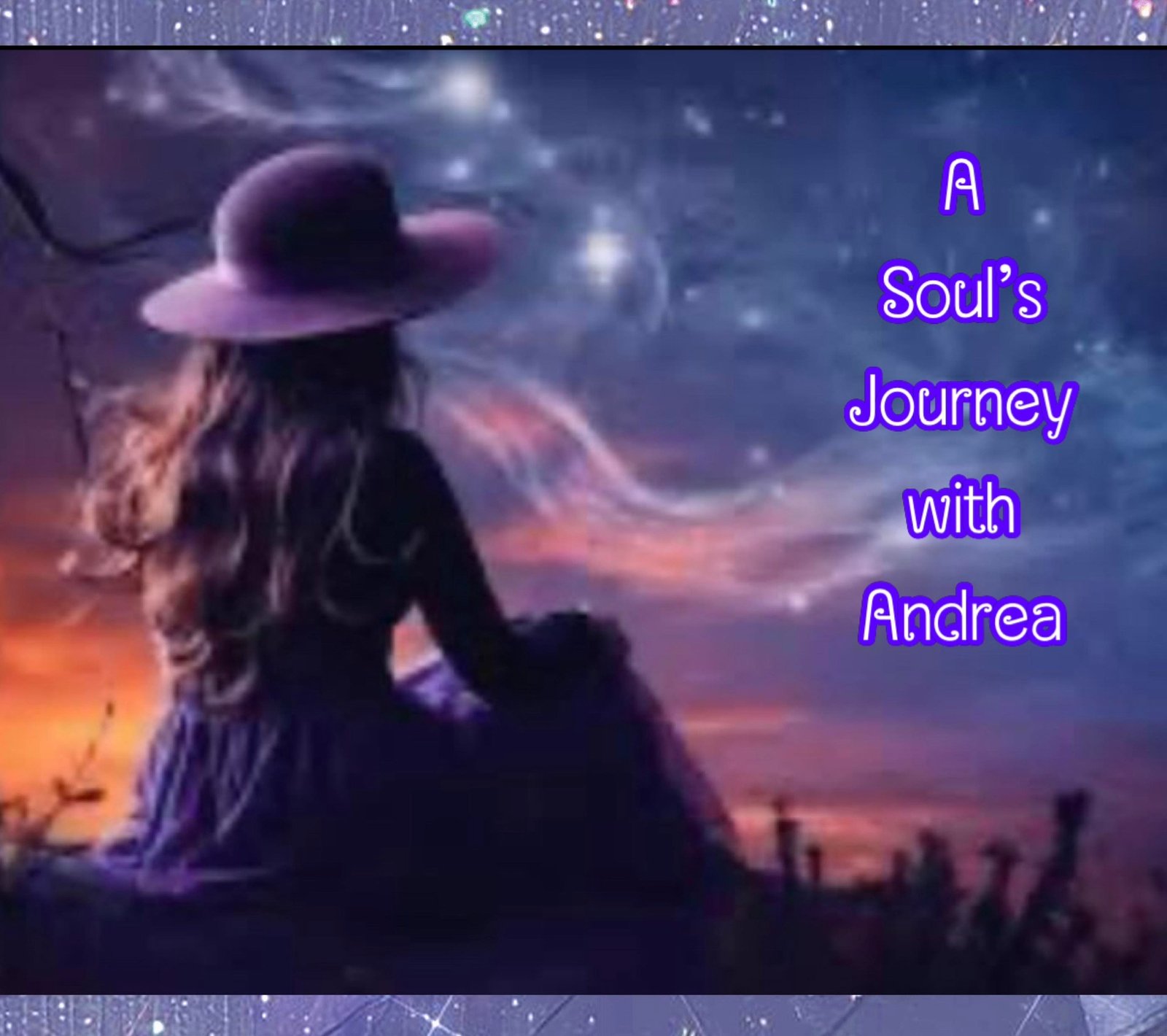
On July 4, 1993, I stood among a throng of eager listeners at Independence Hall in Philadelphia, awaiting the words of a man who had become a global symbol of resistance, resilience, and hope. Nelson Mandela, in his serene and commanding presence, was there to accept the Liberty Medal, and I, a 17-year-old with a passion for justice and peace, was fortunate enough to witness it live.
The air buzzed with anticipation as the crowd gathered, a sea of diverse faces united in reverence for Mandela. This was no ordinary Independence Day; it was a convergence of history, a moment where the ideals of American independence met the struggles of South African liberation.
When Mandela took the stage, the atmosphere shifted. His mere presence was a testament to human endurance. As he began to speak, his words carried the weight of his 27 years of imprisonment, the collective yearning of a people oppressed, and the unyielding belief in a future free from tyranny. The crowd, electrified by his profound message, hung on to every word.
Mandela spoke of liberty not just as an American ideal, but as a universal right. He eloquently tied the fight for freedom in South Africa to the broader struggle for human rights around the world. His voice, calm yet resolute, resonated with a clarity that transcended barriers of race, nationality, and age.
“Liberty is a fundamental human right, the birthright of all humanity,” he proclaimed. In those moments, he made us all feel part of something larger, something just and noble. His speech was a call to action, urging us to see beyond our borders and stand in solidarity with those still fighting for their freedoms.
For me, standing there as a teenager, Mandela’s speech was more than an address; it was a catalyst. It ignited a deeper understanding of global interconnectedness and the importance of standing up for justice, wherever it is threatened. His words affirmed my growing belief that true liberty is not merely the absence of oppression, but the presence of opportunity, dignity, and equality for all.
The day was sweltering, yet I felt a chill as Mandela’s words reverberated through the historic hall. His message was clear: the struggle for freedom is ongoing, and every generation must rise to the challenge. He reminded us that our actions, no matter how small, contribute to the larger tapestry of human progress.
As the applause roared and Mandela left the stage, I knew I had witnessed something extraordinary. This wasn’t just a speech; it was a historic moment that would echo through time. It was a reminder that the fight for liberty, justice, and human dignity is universal, and it is our shared responsibility to uphold these values.
Standing there, I felt a profound connection to the past, present, and future. I felt inspired to carry the torch of liberty in my own life, to strive for a world where everyone is free to live with dignity and respect.
Nelson Mandela’s Liberty Medal acceptance speech was a defining moment, not just for those present, but for all who believe in the power of words to inspire change. It was a day when history was not just remembered but made, and I am forever grateful to have been a part of it.
Tagged history, justice, liberty medal speech, Nelson Mandela, oppressed
